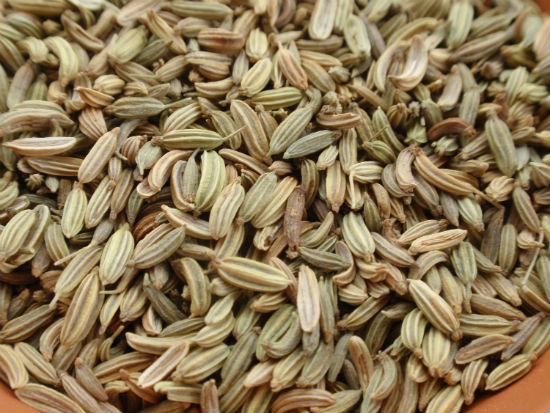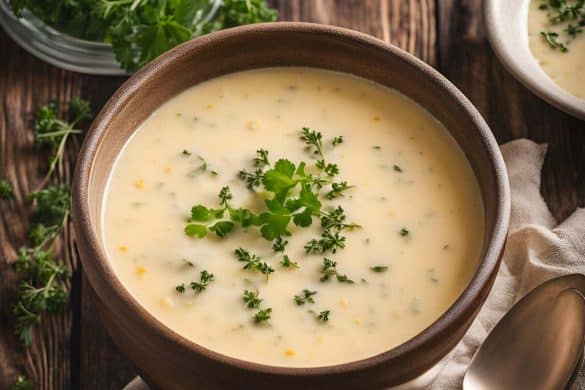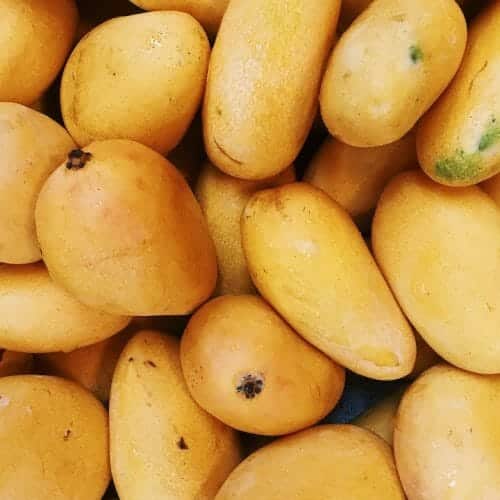Culinary herbs that we have in our kitchen can bring not only the aroma to cooking but also have medicinal properties. Once you know how to use them, they can become part of your everyday medicine chest. One such super herb is Fennel seeds. In the Mediterranean, it is widely used as a medicinal herb as it has been as a cooking herb. It represents longevity, strength and courage.
Good source of minerals and vitamins
Being a good source of minerals and vitamins, small fennel seeds have big health benefits.
Fennel seeds are a good source of essential minerals like copper, iron, calcium, potassium, manganese, selenium, zinc, and magnesium. Copper is essential in the production of RBCs whereas Iron is important for muscle function, brain function and the formation of hemoglobin. Zinc regulates growth and development sperm generation, digestion and nucleic acid synthesis. Potassium plays a vital role in controlling heart rate and blood pressure.
In addition, these seeds are the storehouse for many vitamins like Vitamin A, vitamin E, vitamin C as well as many B-complex vitamins like thiamine, pyridoxine, riboflavin and niacin. It also contains a variety of phytonutrients and phytoestrogens like fencing, carotenoids, flavonoids, anethole and camphene.
Since fennel seeds possess these properties, it becomes a super remedy for many health problems.
Prevent cancer:
Fennel seeds are rich in powerful flavonoid antioxidants like kaempferol and quercetin that are effective combatants of free radical damage to the cells in the body. In addition, the fiber composition of fennel seeds helps protect the colon mucus membrane from cancer by cleansing the colon.
Improve Digestion
Chewing fennel seeds after meals is a common practice in India to aid digestion and to keep bad breath away. Essential oils present in fennel seeds stimulate the secretion of bile and other digestive juices and thereby help in the absorption of nutrients from the food. Fennel seeds in powdered form act as a laxative owing to its high dietary fiber content. The fiber facilitates the clearance of bowels and thereby helps proper excretion. So, if you have a queasy tummy, chew on some fennel seeds.
Improve lung health
Fennel seeds contain Cineole and Anetol that are helpful in the treatment of respiratory diseases like congestion, bronchitis, cough etc. Chewing fennel seed helps to reduce symptoms of asthma, clear sinuses, and stabilize breathing.
Cure flatulence:
The carminative properties of aspartic acid found in fennel helps to expel gases from the stomach and thereby make it a most popular anti flatulent.
Anemia
100 gm of fennel seeds provide 100% of the DV of iron. The rich iron property and presence of Histidine, an amino acid help fennel seeds in treatment of anemia. Histidine stimulated the production of hemoglobin and helps to prevent iron deficiency that can lead to severe body fatigue and conditions such as anemia.
Other health benefits:
- The essential oils Anetol, Cineole that present in fennel seeds have disinfectant and anti bacterial properties that are helpful in curing diarrhea.
- Phytoestrogens found in Anethole, a component of essential oil in fennel is useful in the treatment of renal colic.
- Another noteworthy health benefit of fennel is its Emenagogue property. It eases and regulates menstruation by regulating hormonal actions.
- Owing to the anti-inflammatory properties, they are used in the treatment of arthritis and Crohn’s diseases as well.
- In addition to above mentioned health benefits, using fennel in food helps protects eyes from inflammation.
- What’s more is Fennel is used in myriad skin care products as it is very beneficial for rejuvenation of tissues and prevention of aging.
Including fennel seeds regularly in the food helps to prevent hair falling, sharpens memory and gives amazing cooling effect in summer. The essential oil presents in fennel seeds are composed of components like anethole, limonene, anisic aldehyde, pinene, myrcene, fenchone, chavicol, and cineole. These active components are known to have antioxidant, digestive, carminative, and anti-flatulent properties that make this small herb into a super herb.














2 comments
Thanks to Sudha Subramanian. Please correct the word “Zing” as Zinc, in 2nd para
Thank you. Corrected the error.